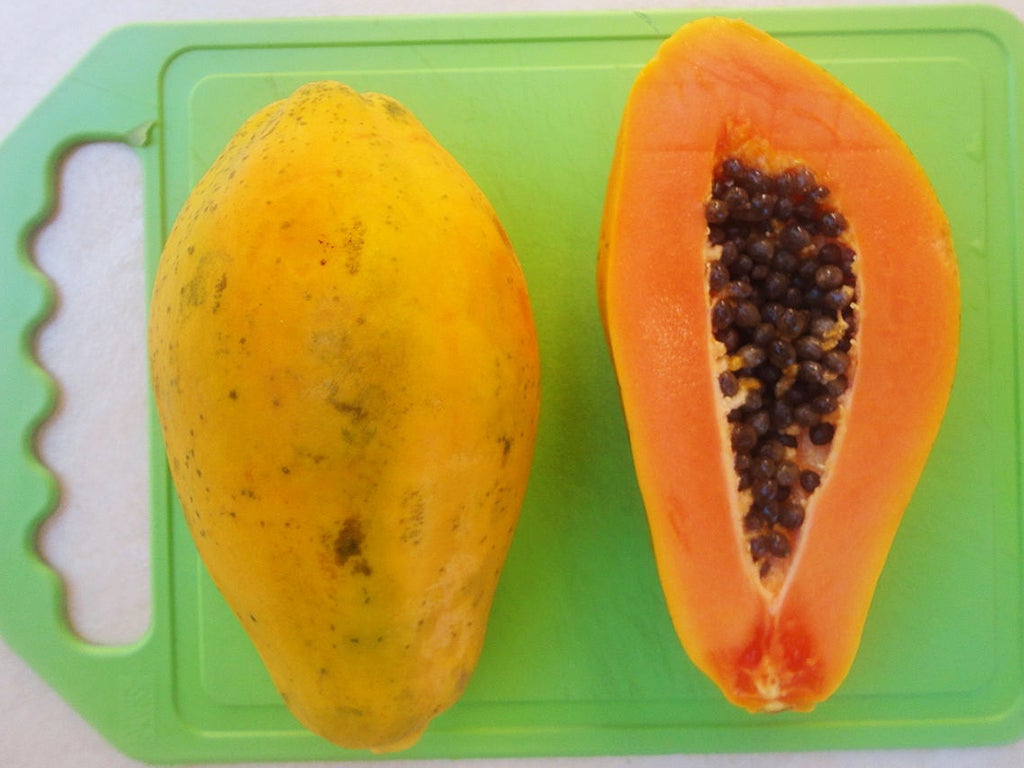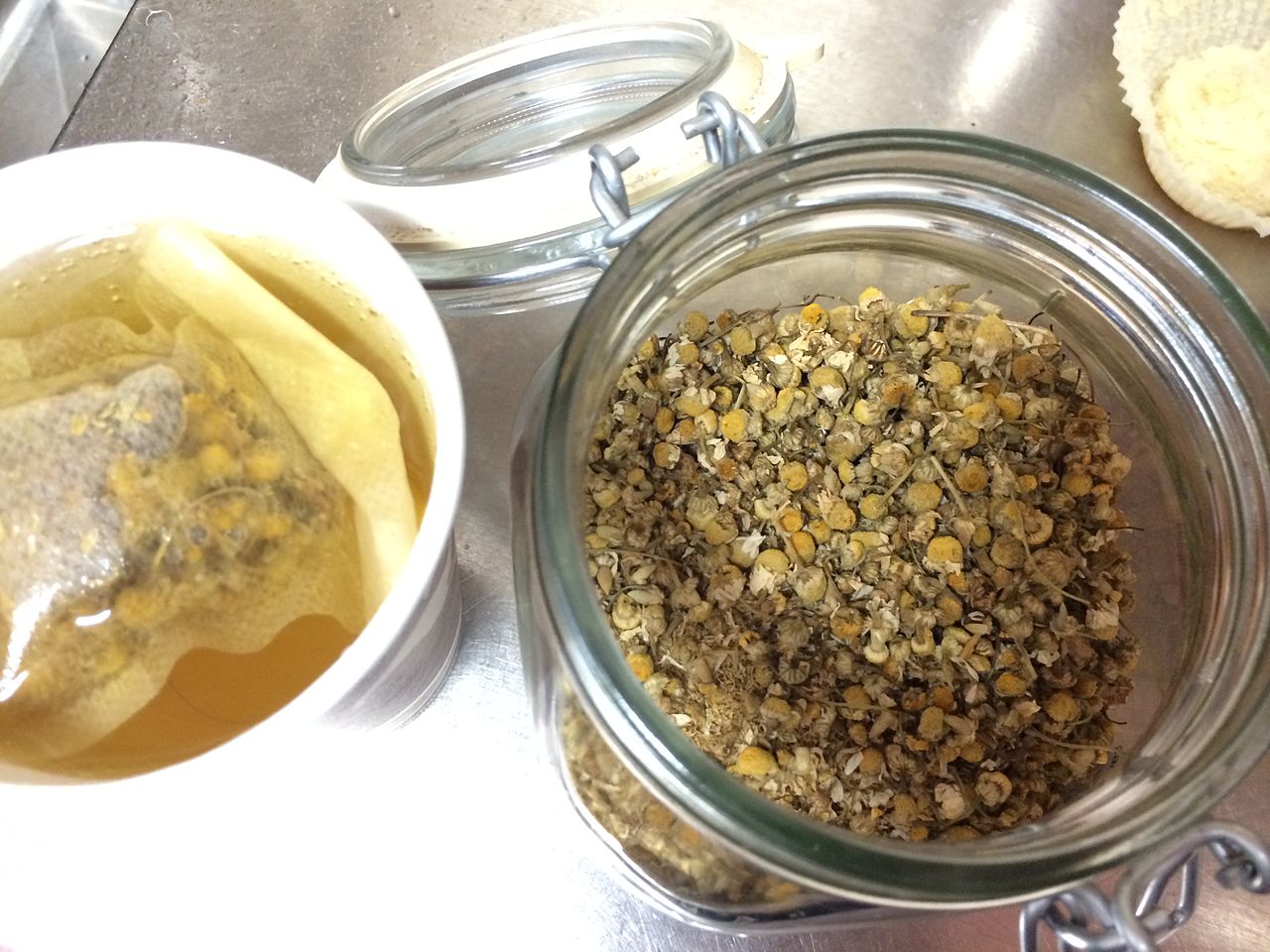How to alleviate period pains the natural way
10 natural remedies that can help with cramps, bloating and mood

It afflicts roughly half the population on a regular basis - and one wonders if perhaps something more revolutionary would have been done about it by now if it affected the other half. Period pain, or dysmenorrhea, can vary from a mild nuisance to a crippling disability when it hits, and many women are reluctant to rely on painkillers for up to a quarter of their month.
It is estimated that 90% of younger women will experience dysmenorrhea at some point, and for a smaller proportion of the population, this pain can be excessive. Keep in mind that excessive period pain could be a sign of an underlying issue such as endometriosis or a uterine infection. Consult your doctor if you can’t get the pain under control, or you suffer from vomiting, excessive bleeding or a fever.
Fortunately, for the bog standard ‘regular’ period misery that so many of us encounter, there are some natural remedies that can help with cramps, bloating and mood when ‘that time of the month’ swings around again.
Eat your greens

A good supply of calcium and magnesium has been found to help relax muscles and thus alleviate cramping. A diet rich in leafy greens such as spinach and kale will boost magnesium and calcium levels - plus they also act as a diuretic, helping to relieve bloating. Supplements before and during your period can also help. However, dairy contains arachidonic acids, which boost the production of cramp-causing prostaglandins, so opt for other sources of calcium. Leafy greens are also rich in Vitamin K, which can help prevent excess bleeding.
Cut the junk

Yes, yes, I know all any of us want to eat when Aunt Flo comes to visit is a deep-pan pepperoni pizza followed by a family-size bag of Haribo, but the feel-good factor won’t last very long. Salty foods will exacerbate bloating, while sugar and saturated fat will increase oestrogen levels, which is responsible for PMS symptoms. If you must reach for the carbs, choose high-fibre options to help boost digestion.
Go tropical

Add some papaya to your breakfast muesli, or have it fresh as a snack. Papaya is rich in carotene and vitamins A and C, as well as the enzyme papain, which helps to regulate and helps to ease the flow during menstruation.
Get some sun

Vitamin D3 has been shown in studies to significantly decrease the severity of cramps. If you’re not the outdoorsy type, you should be taking a supplement - it’s more difficult to obtain your RDA from foods.
Break a sweat

It seems counterintuitive: who wants to exercise when big pants and hot water bottles beckon? But in fact exercise will release pain-killing endorphins, and generally make you feel better. Aerobic exercise for at least 30 minutes is best - if you can bear it. Or try swimming - it stretches your abdominal muscles, easing discomfort.
Go nuts

Walnuts, almonds and pumpkin seeds are rich in manganese and Omega 3 fats, both of which will help your body to better deal with period pains.
Drink like a fish

Water, that is, and skip the booze for a few days, which can actually prolong discomfort. Warm or hot water is best to increase bloodflow to the skin and relax cramped muscles, as well as helping to beat the bloat.
Say ohm

Yoga is a great way to relax your body, get your blood pumping and ease those cramping muscles. Try forward bends to - but avoid inversions like headstands while you are on your period.
Spice things up

Cinnamon is a source of manganese, and will help to alleviate cramps and boost your digestion.
Have a brew

Chamomile tea will help you - and your muscles - to relax. A regular cup boosts levels of the amino acid glycine in the human body, which eases uterine muscles and nervous tension, or PMS.
Join our commenting forum
Join thought-provoking conversations, follow other Independent readers and see their replies
Comments